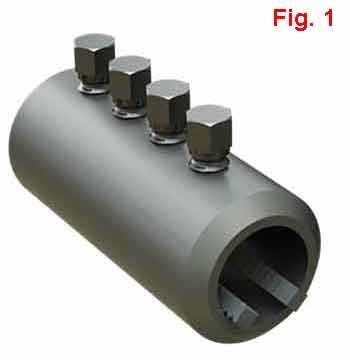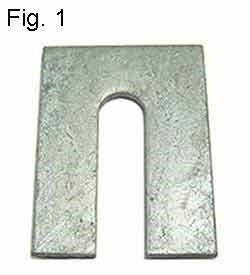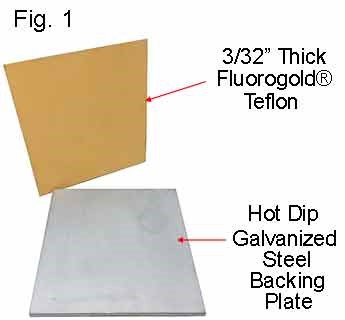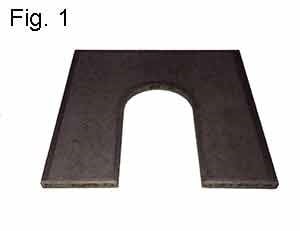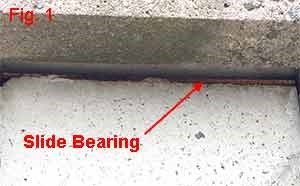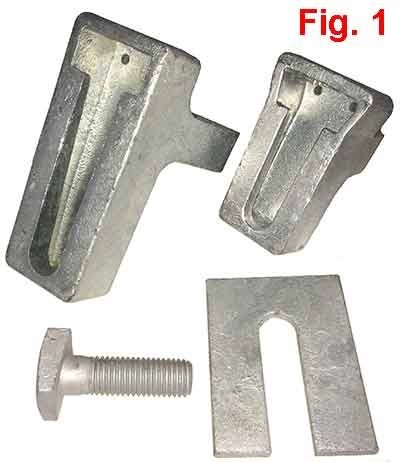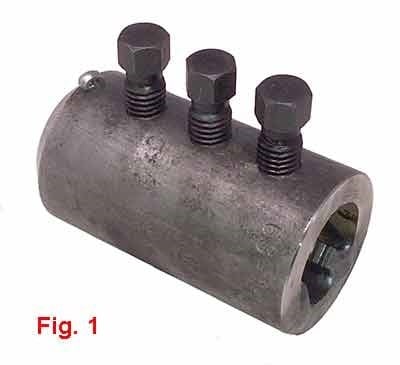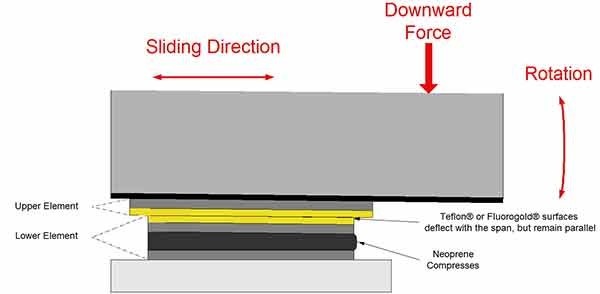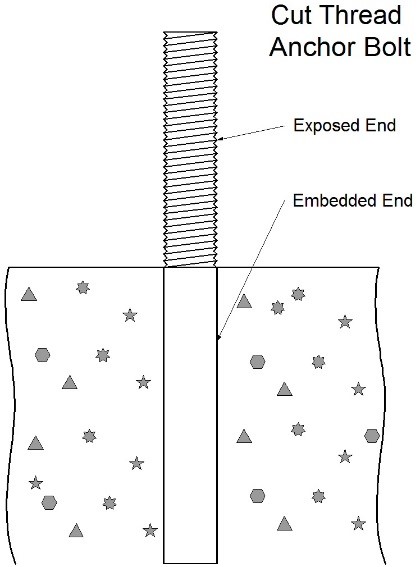Weld-on Rebar Anchors can be specified in several types and styles. In each case, there are advantages and disadvantages. What is important, and of utmost concern to the architect and project engineer, is the strength of the connection between the structural steel and the rebar. The strength is designated by the connect type.
Steel Manufacturing Blog: Keeping it Steel
Barbara Obeid
Recent Posts
Steel Shims and Steel Wedges are two Steel Supply Company products that cut across the lines of hard and soft tooling. Both items are made in standard sizes and kept in stock. As well, we often get requests for specific made to order sizes.
Tags: Steel Shims
Teflon® or Fluorogold® Slide Bearings are engineered to wear out. Like any sacrificial structural component, the idea is to protect the more critical, expensive or impossible to replace members. By design, the Teflon® surface should be where all the wear occurs. Ideally, the steel backing plate should never be the part that causes the bearing to be replaced.
Tags: Slide Bearings
The Steel Supply Company produces Slotted Steel Shims that get used across a variety of industries, but primarily in the construction trades. They are used in everything from Moment Connections and Relieving Angles, to concrete shoring forms. For many construction industry applications, the surface of the shim is not an issue. Among the most common uses for these shims are Relieving Angles or Lintels, where they are typically Hot Dip Galvanized so surface features are not an issue. In more specialized cases, the eventual use should be considered when ordering.
Tags: Shims
Initial installation of a Slide Bearing Assembly can be very different from the eventual replacement of the very same bearing. Virtually, all bearing assemblies are intended to be replaced at some point during the life of the structure. This is true of Teflon® Slide Bearings and the more durable Fluorogold® Slide Bearings. It also holds true for Elastomeric Bearings, Viblon Shims and Bearings, and Commercial Grade Neoprene. In our experience, we have not seen an application where a bearing assembly was intended to be permanent.
Tags: Slide Bearings, Bearings
Note: This article will refer to the WEDGE INSERT. (See Fig. 1) The same product is also known as a Relieving Angle Insert, Shelf Insert, Concrete Wedge Insert, Brick Relief Angle Insert and/or Malleable Iron Wedge Insert.
Tags: Wedge Inserts
There are several ways rebar anchors can be portioned out in a construction job. They can be part of the steel fabricating package and that is all, they can be part of the steel package and include the first length of rebar, or they can be left entirely for the rebar contractor. We see these divisions all the time with specific product lines, such as Teflon® or Fluorogold® Slide Bearings, Elastomeric Bearings, Steel Wedges, etc. They are part of a project but it is not clearly noted who is responsible for them.
Tags: Rebar Coupler
Steel Wedges are used in fabrication and steel erection for a wide variety of purposes. Some are very simple and rudimentary, others more specific and complex. When a job requires structural steel wedges, the fabricator or erector will have a choice between mass produced stock sizes and made to order sizes. The key phrase in that sentence is “mass produced.”
Tags: Wedges
In the field of Steel Fabrication Teflon®, PTFE and Fluorogold® are most often bonded to steel backing plates to form Slide Bearings. This type of assembly works very well when the anticipated movement will only be horizontal, such as expansion or contraction. Occasionally the application requires the bearing to also allow for some movement or cushioning vertically. In cases like these, the bearing design can have a standard thickness, sliding surface bonded to a commercial rubber cushion.
Tags: Slide Bearing
Stainless Steel Passivating for Anchor Bolts and Turnbuckle Rods
For any product manufactured from stainless steel, it is important to consider if it will be visible in the finished assembly. This is especially true for Anchor Bolts, Turnbuckle Rods and Clevis Rod Assemblies. If so, the fabricator should know that to prevent rust from appearing on the surface, the item should be passivated after all fabricating and machining is complete.





